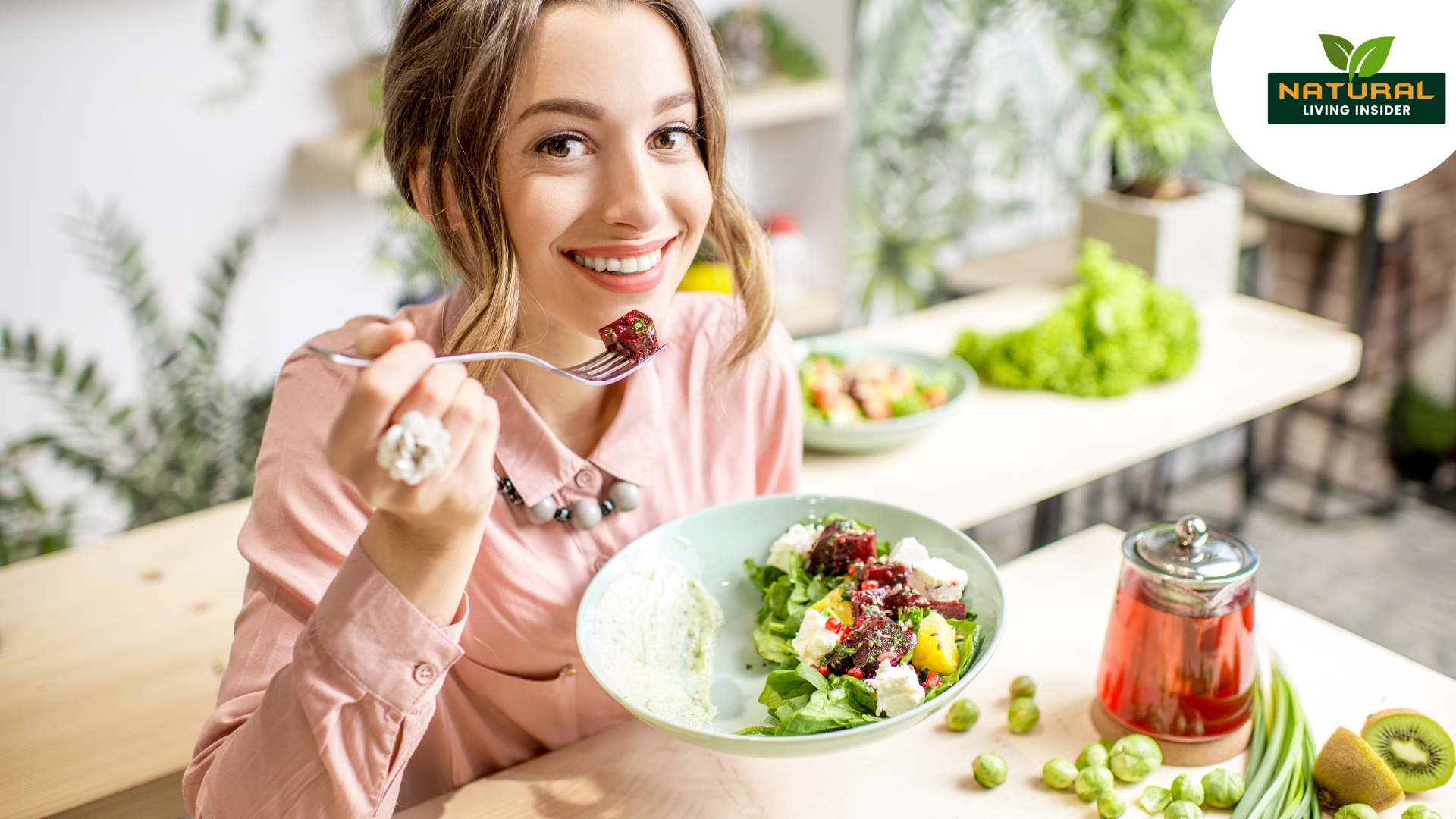
As the scorching summer heat sets in, maintaining the right diet becomes more than just a choice—it’s a necessity. High temperatures can easily lead to dehydration, heat exhaustion, and even heatstroke if you're not careful about what you consume. While staying hydrated by drinking enough fluids is essential, eating the right foods can also make a significant difference.
In this comprehensive guide, we’ll explore the best summer foods to keep your body cool and hydrated, as well as the foods to avoid that may worsen dehydration or cause digestive discomfort. Let’s dive into the ultimate summer food guide for a healthy, energetic, and cool season.
Table of Contents
Best Foods to Eat in Summer
During summer, opt for foods that are rich in water, easy to digest, and packed with essential nutrients. These foods help you stay cool, energized, and well-hydrated throughout the day.
1. Hydrating Fruits and Vegetables
Certain fruits and vegetables naturally have high water content and are ideal for replenishing lost fluids in summer:
-
Watermelon: Composed of about 92% water, watermelon is a summer staple. It also provides potassium and antioxidants like lycopene.
-
Cucumber: With 95% water, cucumbers are incredibly refreshing. They're also rich in vitamin K and C.
-
Tomatoes: Another hydrating option (94% water) that's packed with antioxidants and vitamin C.
-
Zucchini: Contains vitamin C, magnesium, and potassium, making it a great choice for summer dishes.
-
Lettuce and Celery: Both have high water content (over 95%) and are low in calories, perfect for cooling salads.
2. Light and Easy-to-Digest Meals
Heavy meals can be hard to digest and generate more body heat. In summer, go for lighter options:
-
Yoghurt: Rich in probiotics and water, yoghurt is soothing for the gut and enhances digestion. Opt for plain, unsweetened varieties.
-
Chilled Soups: Gazpacho and other broth-based soups are not only hydrating but also easy on the stomach.
-
Fresh Salads: Use a mix of greens, fruits, nuts, and light dressings to create cooling, nutrient-dense salads.
-
Coconut Water: A natural electrolyte drink that replenishes lost minerals and keeps you cool.
3. Cooling Herbs and Spices
Spices don’t always heat you up—some actually have a cooling effect on the body:
-
Mint: Known for its refreshing flavor and cooling properties. Add to drinks, chutneys, or salads.
-
Fennel Seeds (Saunf): Traditionally used in Ayurveda for cooling the body and aiding digestion.
-
Coriander (Cilantro): A cooling herb that pairs well with summer dishes and boosts detoxification.
-
Cumin Seeds: Cumin-infused water is a great summer drink for better digestion and reduced heat.
4. Traditional Cooling Beverages
-
Buttermilk (Chaas): This probiotic-rich drink is a great way to cool down and improve gut health.
-
Aam Panna: Made from raw mangoes, this sweet-tangy drink is packed with vitamin C and helps prevent heatstroke.
-
Lemon Water: Simple, hydrating, and packed with vitamin C to keep you fresh and energized.
Foods to Avoid in Summer
While some foods cool you down, others can have the opposite effect. Avoid or limit these foods to prevent heat-related issues like indigestion, fatigue, and dehydration.
1. Heavy, Fried & Oily Foods
These are hard to digest and increase body heat:
-
Deep-fried snacks: Samosas, pakoras, French fries—tasty but taxing on the digestive system.
-
Creamy and rich gravies: These can feel too heavy and cause bloating.
-
Fatty Meats: Red meat and oily cuts are difficult to digest and may raise internal heat.
2. Excessively Spicy & Processed Foods
Overly spicy and processed items can disrupt your digestive system and increase dehydration:
-
Excessive Chilies and Black Pepper: These can heat up the body internally. Instead, use cooling herbs or mild spices.
-
Packaged Snacks: High sodium content in chips, instant noodles, and crackers can worsen dehydration.
-
Canned and Preserved Foods: Loaded with preservatives, these can be dehydrating and hard to digest.
3. Sugary and Carbonated Drinks
Some beverages marketed for summer refreshment can do more harm than good:
-
Soft Drinks and Energy Drinks: High in sugar and caffeine, which can dehydrate the body.
-
Packaged Juices: Often loaded with artificial sugar and preservatives. Prefer freshly squeezed juice without added sugar.
-
Iced Coffee & Tea: Contain caffeine, which can lead to increased urination and dehydration.
Smart Summer Diet Tips
-
Eat seasonal fruits and vegetables rich in water.
-
Have smaller, more frequent meals instead of heavy lunches or dinners.
-
Keep sipping water throughout the day—don’t wait to feel thirsty.
-
Use traditional cooling herbs like mint, coriander, and fennel in your cooking.
-
Replace heavy desserts with fruit salads or yoghurt.
-
Limit alcohol and caffeine intake.
-
Include probiotic foods to support digestion and immunity.
Your diet plays a vital role in how your body handles the summer heat. Choosing the right foods—hydrating fruits, light meals, and cooling herbs—can help your body stay balanced, energetic, and hydrated. Equally important is to avoid greasy, spicy, and sugary foods that may worsen the effects of the heat.
If you feel unusually tired, dizzy, or dehydrated even with a proper diet, consult a healthcare provider. Regular health checkups, including tests like CBC (Complete Blood Count) and electrolyte levels, can help identify early signs of heat stress.
Stay cool, stay safe—and enjoy the season with health on your side!


